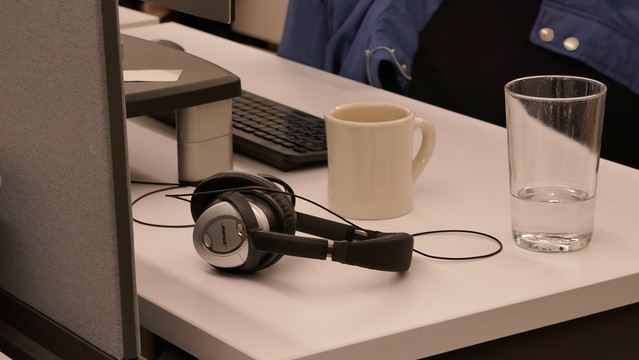During the lively Q&A at this Friday’s (virtual, sigh) talk about the 4-day week and future of work to the Design Business Association, Anna Cox, a professor at University College London who studies digital technologies, the future of work, and wellbeing, asked: If you’re not a CEO or founder, but you’re in the middle of an organization, what can you do to put the lessons of REST and SHORTER into practice?
I thought aloud about the answer during the live event, then thought about it some more in a Twitter thread. But owing to the ephemeral nature of both media, I thought it worth writing my thoughts.
At today’s @dbaHQ talk, @AnnaCox_ asked how individuals can put some of the insights from REST and SHORTER into practice if their organizations aren’t ready to make the jump to a #4dayweek or implement company-wide #deepwork time. I want to try to give a shorter, sharper answer. pic.twitter.com/JxVtUIW9Fb
— Alex Soojung-Kim Pang, Ph.D. (@askpang) July 24, 2020
It’s a great questions because, in a sense, it lands in between the two books. REST is about people whose wealth, success, or professional status allow them to organize their time however they want– a situation that many of us do not enjoy. SHORTER is about how companies can put the lessons of REST into practice, and how companies all over the world are doing so now (even during the pandemic); but even there, you need to buy-in of people at the top.
So can those lessons still be applied by people working at companies that aren’t yet ready to make the move to a 4-day week?
Of course, there’s lots of guerrilla stuff individuals already do, like schedule fake meetings to get free time, noise-cancelling headphones, disappear to cafes, etc..
But one big lesson from SHORTER is that attention, focus, and productivity have an important SOCIAL and COLLECTIVE dimension. This is normally overlooked because we think of attention as personal and individual, and only involves our brains, eyes, and screens. But our capacity to focus depends a lot on others’ ability to respect our need to concentrate, and work cultures that support it.
So I advocate first for techniques that involve more collective action and cultural nudges, rather than fighting the system and setting yourself against it.
What’s first?
Make meetings shorter, sharper, and more purposeful.
Everybody hates badly-run meetings, knows they’re a waste of time, and wishes they were better. So fix them. There are plenty of guides for making meetings for effective, and they all offer similar advice: circulate agendas beforehand, restrict the number of people who are attending, have an official set of notes and record of decisions, and and circulate decisions / major points to everyone afterwards.
There are other things I see companies doing. Standing meetings are a popular way to promote brevity.
Walking meetings are also really good, and also get the blood flowing. At Else London, they have a table and chairs for meetings that gets uncomfortable after too long, so people are less enthusiastic about letting meetings go on longer than absolutely necessary.
Being the person who can effectively run a 15-minute meeting will make you popular, and give you an early win. It’s also important because it will show everyone that TOGETHER, you can all make small but valuable changes to the workday. It will also whet people’s appetites for other changes, and soften the ground for other reforms.
Second, block out time during the day for deep work.
Within your circle of colleagues– the people with whom you work most closely and regularly– agree on periods when you can all focus, ignore Slack and email, and don’t interrupt each other. You might put a standing “meeting” in the shared calendar to keep the time from getting taken away.
Why do this? A lot of workplace interruptions / distractions are driven by technology, and our sense that people expect us to immediately answer inbound inquiries. Resetting the cultural norm so that (for a couple hours at least) focus+work are more important interruptions is important.
Third, eat lunch together.
Balancing deep work with more explicitly social time also keeps the office from turning into a dead zone. It satisfies our need for social contact with colleagues. And it improves teams: a group of Cornell researchers found that firehouses that cook together perform better!
Finally, share these practices with colleagues and other work groups.
Collective practices are ten times as powerful and enduring as individual hacks. Further, attention, focus, and deep work follow Metcalfe-law network effects: they become more valuable as more people use them.
So fix meetings, create focus times within your group, eat together, and share your results.
What happens then? At the very least, you’ll have more time to do interesting work, rather than merely reacting to things and fighting local inefficiencies. And if you’re at a better company, these changes will nudge your culture toward a 4-day week.




